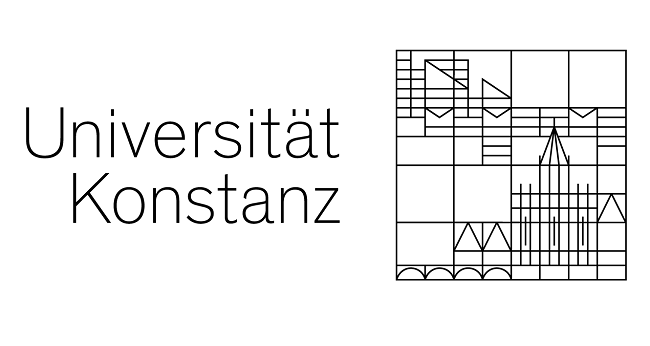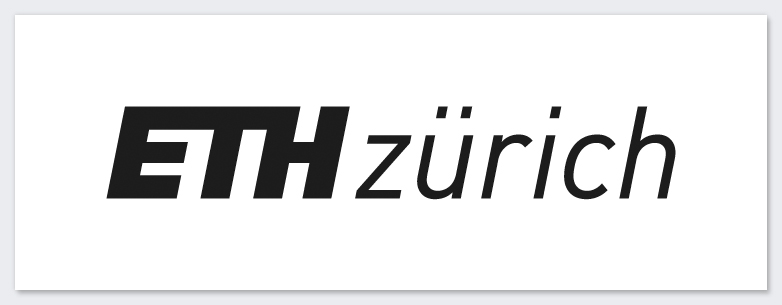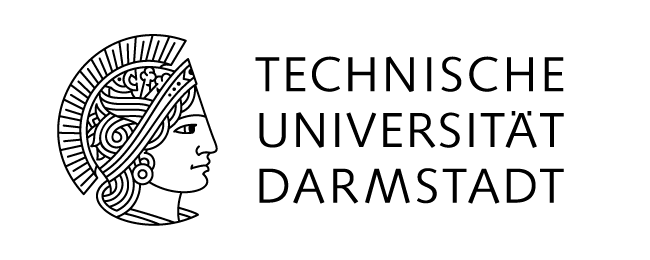conducted by: Thomas Wetin
Founded in 2008 the master’s program „Studies in European Culture“ offers an interdisciplinary course schedule for students who seek to operate with a broad competence of cultural theory and cultural history in different fields. The areas of specialization reach from the classical realms of cultural studies to the history of science to certain problems of sociology, economics and political science. The many challenges of an interdisciplinary program with the claim of professional education were met by a new mentoring system which tries to combine individual guidance and supervision with team spirit and swarm intelligence. Every new generation of the program cultivates its own critical views which trigger structural innovations in both learning and teaching.
After six years, „Studies in European Culture“ is the Master’s program with continuously high enrollment numbers. Beside the mentoring system and the mandatory semester abroad at one of seven non-European partner universities an evaluation showed the emphasis on cultural theory to be an appreciated feature of the program. Some crucial deficiency of the education in methods also came to light. For a group of students from different disciplines and with different professional ambitions a common ground just in cultural theory is not sufficient. In order to further attract a diverse crowd of students and to orient all of them we need to bridge the methodological gap between the classical cultural studies approaches of European Studies and more empirical ones such as in the social sciences.
With a grant funding from the „Qualitätspakt Lehre“ of the Federal Ministry of Education the education in methods as part of the program is going to be overhauled and restructured according to new standards. We need a smart teachable mix of qualitative and quantitative methods which uses the strengths of cultural studies and the heuristics of statistical research to meet and analyze the challenges of the digital age. A mixed methods approach will enable our students to conduct the research for their papers and thesises in the field of European Studies as critical inquiries. Thereby the interdisciplinarity cultural studies are famous for becomes a new ground which could be a fundament for critical studies in the Digital Humanities.



